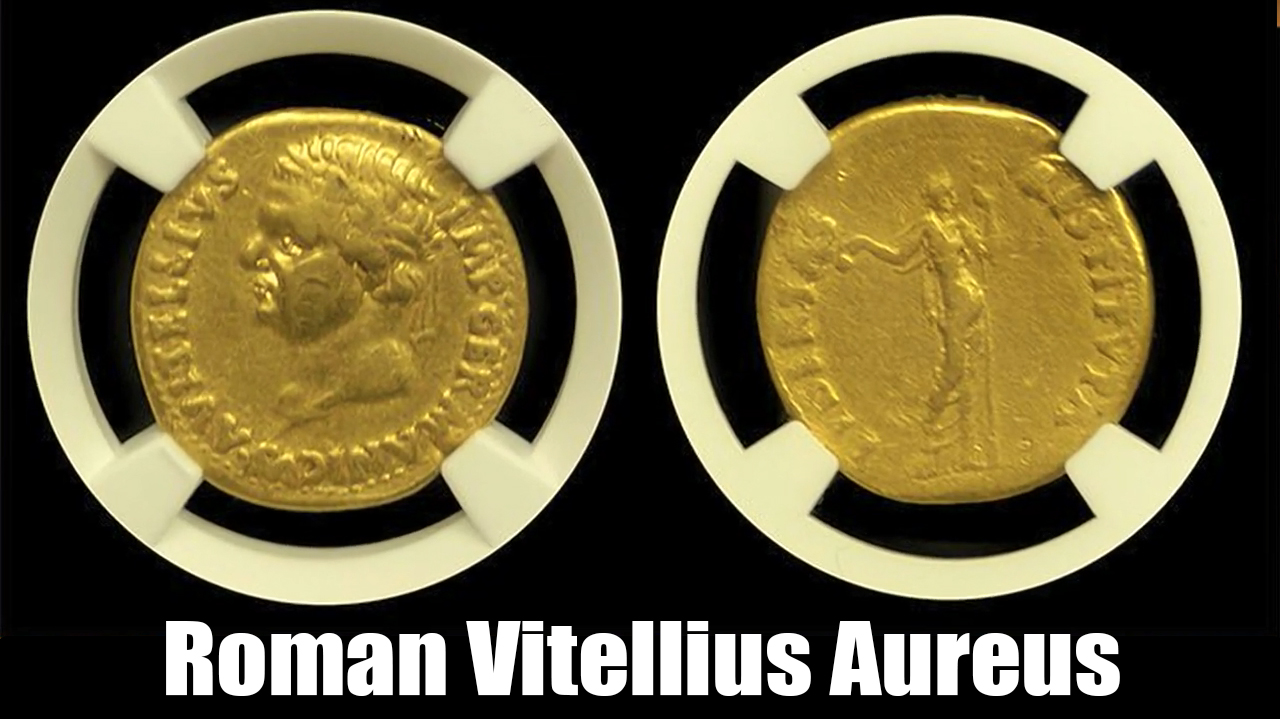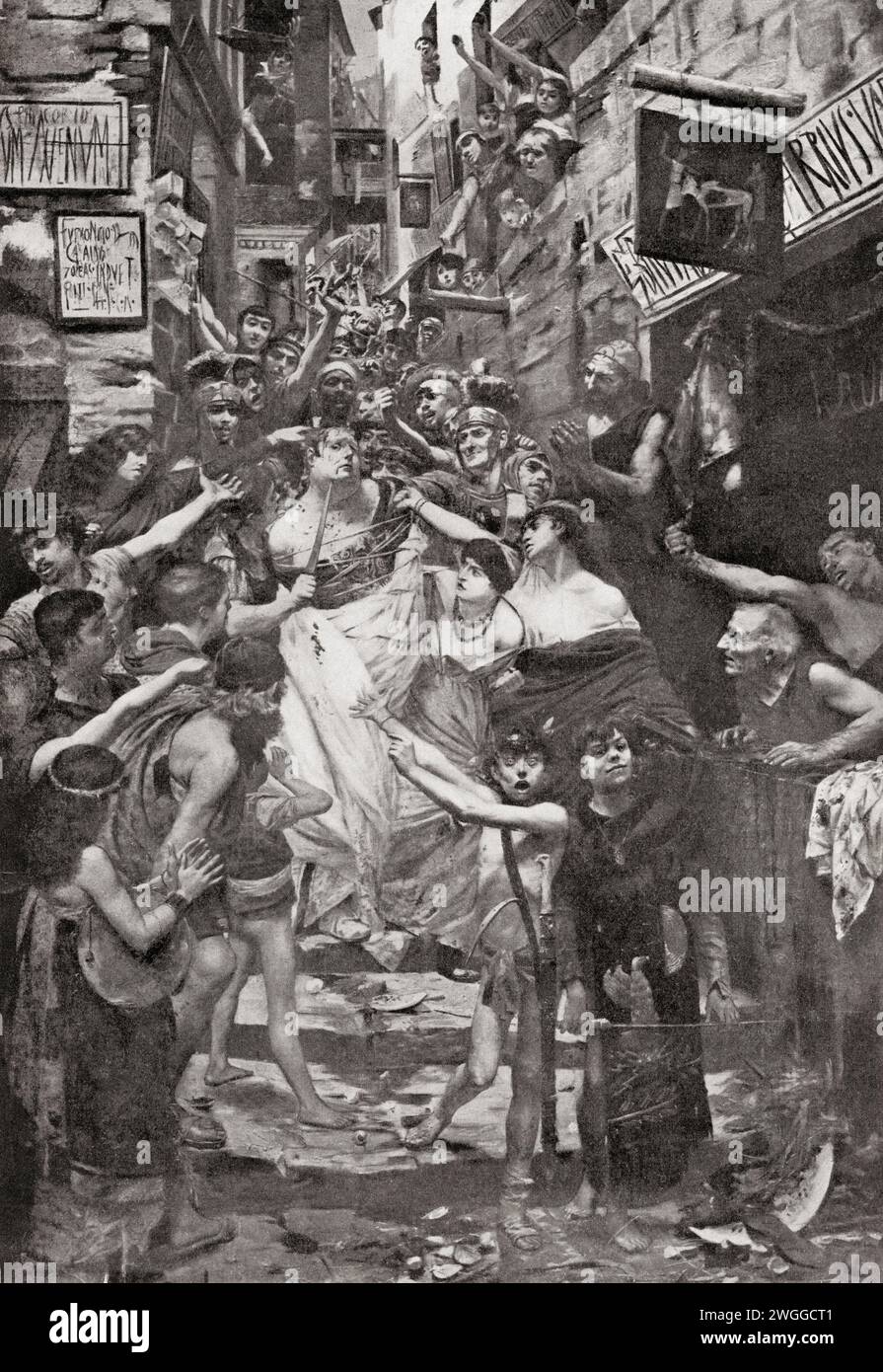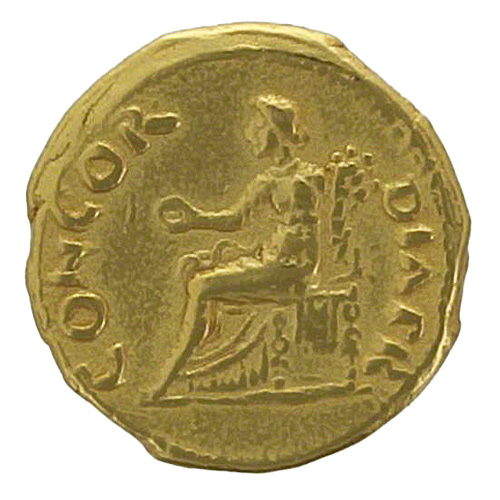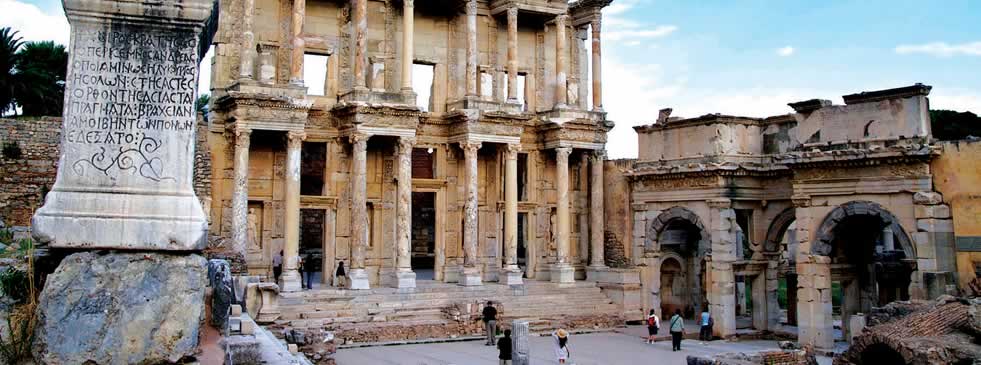Vitellius: The Short-Reigned Emperor
In the annals of Roman history, the Year of the Four Emperors in 69 AD stands out as an era of unparalleled political upheaval. Among the key figures of this tumultuous period was Aulus Vitellius, a man whose ascent to power was as unexpected as it was short-lived. Vitellius, often overlooked in the grand narrative of Roman emperors, offers a compelling study of ambition, excess, and the ultimate fragility of power.
Early Life and Career
Vitellius was born in September 15 AD into a prominent family with strong ties to the Roman political elite. His father, Lucius Vitellius the Elder, was a successful senator and twice served as consul under Emperor Tiberius. This illustrious background equipped Vitellius with the pedigree and connections essential for a path in public service. His early career followed a typical trajectory of a young nobleman, involving service in various military and administrative roles under several emperors, including Caligula and Claudius.
Rise to Power
The ascension of Galba to the imperial throne in 68 AD set the stage for Vitellius's rise. Galba’s reign, marked by unpopular austerity measures and strict governance, quickly led to discontent. In this climate of dissatisfaction, Vitellius was appointed governor of Lower Germany by Galba, a move intended to stabilize the fractious region. Little did anyone anticipate that within a short span, Vitellius would emerge as a contender for the imperial crown.
Following Galba’s assassination early in 69 AD, Otho, Galba's successor, had a tenuous hold on power. In the tumult of succession, the legions in Germania declared Vitellius as emperor, believing him a leader who could restore stability and honor to Rome. Galvanized by support from the Rhine legions, Vitellius advanced toward Italy, setting the stage for a confrontation with Otho's forces.
The Battle for Rome
The clash between Otho and Vitellius was swift. The decisive Battle of Bedriacum in April 69 AD resulted in Otho’s forces suffering a significant defeat. Following Otho’s subsequent suicide, Vitellius was left as the sole ruler, entering Rome in July 69 AD to assume control. His arrival was marked by pomp and celebrations, but the seeds of discord had already been sown.
A Reign of Excess
As emperor, Vitellius's reign quickly became synonymous with excess and indulgence. Renowned for his lavish banquets, he was reputed to have celebrated feasts that could bankrupt a patrician family. Vitellius also sought to curry favor with the army and the populous by eliminating unpopular taxes and pardoning numerous political opponents. However, his efforts to win over the Roman populace were undermined by his inability to effectively manage the state’s finances and the military’s loyalty.
Vitellius's extravagant lifestyle, coupled with his lack of decisive governance, soon led to dissent among Rome’s crucial constituencies. Moreover, the support base that had once elevated him—the legions in Germany—grew disillusioned by his perceived incompetence and the ever-mounting instability of his regime.
The historical narrative of Vitellius, often overshadowed by his more illustrious predecessors and successors, provides a fascinating window into the perils of rapid ascent to power without a robust plan for sustainable governance. His story remains emblematic of how quickly the tides of fortune can turn, and how the support of the military, while critical, is not enough to sustain an emperor's rule.






Comments